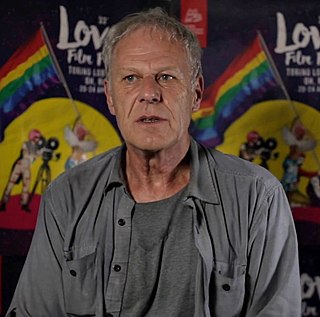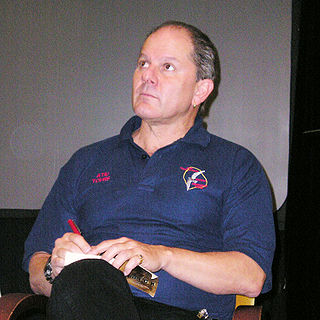A Quote by Ann Brashares
I do believe that characters in novels belong to their writers and their readers pretty equally. I've learned a lot of things about the characters I write from people who read about them. Readers expand them in ways I don't think of and take them to places I can't go.
Related Quotes
When writers are self-conscious about themselves as writers they often keep a great distance from their characters, sounding as if they were writing encyclopedia entries instead of stories. Their hesitancy about physical and psychological intimacy can be a barrier to vital fiction. Conversely, a narration that makes readers hear the characters' heavy breathing and smell their emotional anguish diminishes distance. Readers feel so close to the characters that, for those magical moments, they become those characters.
I would give them (aspiring writers) the oldest advice in the craft: Read and write. Read a lot. Read new authors and established ones, read people whose work is in the same vein as yours and those whose genre is totally different. You've heard of chain-smokers. Writers, especially beginners, need to be chain-readers. And lastly, write every day. Write about things that get under your skin and keep you up at night.
I try to write about real women, real people - in other words flawed characters. I find flawed characters much more interesting than perfect ones and enjoy the challenge of making readers root for them in spite of their unsympathetic path and destructive choices. Life is about the gray areas. Things are seldom black and white, even when we wish they were and think they should be, and I like exploring this nuanced terrain.
Authors also create lovable, friendly characters, then proceed to do terrible things to them, like throw them in unsightly librarian-controlled dungeons. This makes readers feel hurt and worried for the characters. The simple truth is that authors like making people squirm. If this weren't the case, all novels would be filled completely with cute bunnies having birthday parties.
Of course I know that the twins are only words on a page, and I'm certainly not the sort of writer who talks to his characters or harbours any illusions about the creative process. But at the same time, I think it's juvenile and arrogant when literary writers compulsively remind their readers that the characters aren't real. People know that already. The challenge is to make an intelligent reader suspend disbelief, to seduce them into the reality of a narrative.
The interesting thing about a lot of serialized television is that it's a blessing and curse. Smart writers really take their time in investing in backstories and characters. As a viewer, you have to invest in them and love them before you can chip away at what's going on more on a deeper level with secondary characters.
I'm drawn to female characters, not all of them are strong characters. I think I'm drawn to female characters partly because they don't have as easy or as obvious a relationship to power in society, and so they suffer under social constraints or have to maneuver within them in ways men sometimes don't, or are unconscious about, or have certain liberties that are invisible to them.
My platform has been to reach reluctant readers. And one of the best ways I found to motivate them is to connect them with reading that interests them, to expand the definition of reading to include humor, science fiction/fantasy, nonfiction, graphic novels, wordless books, audio books and comic books.






































